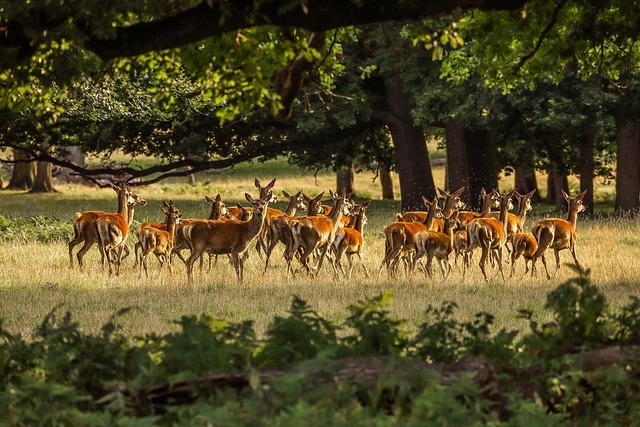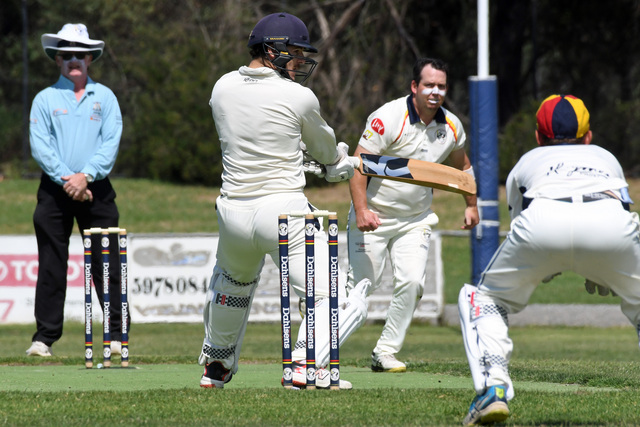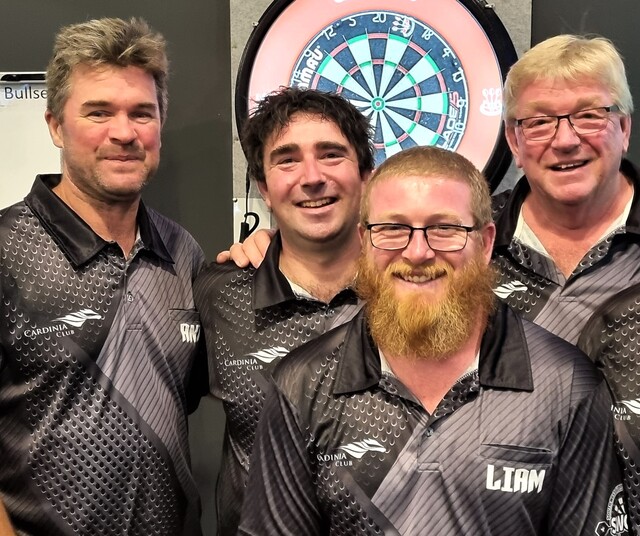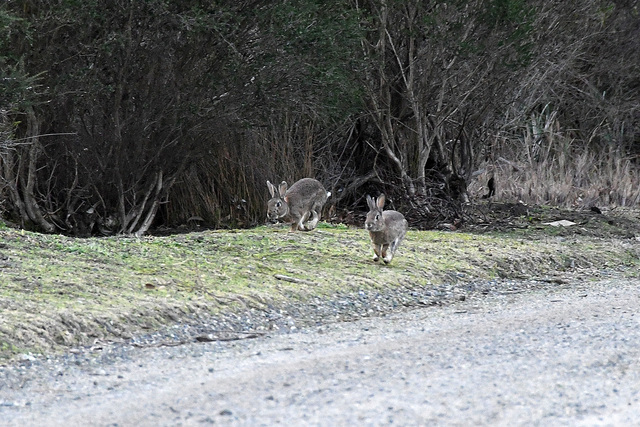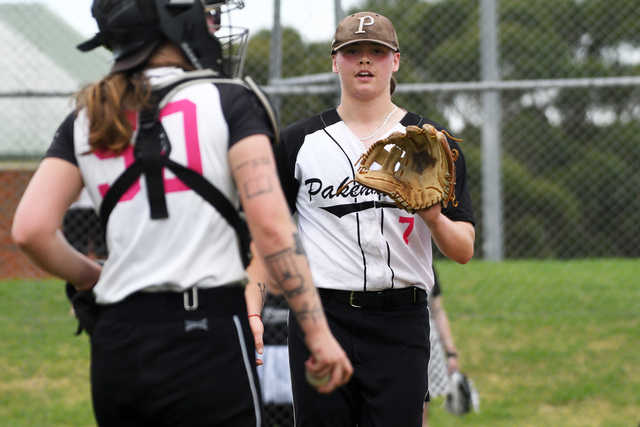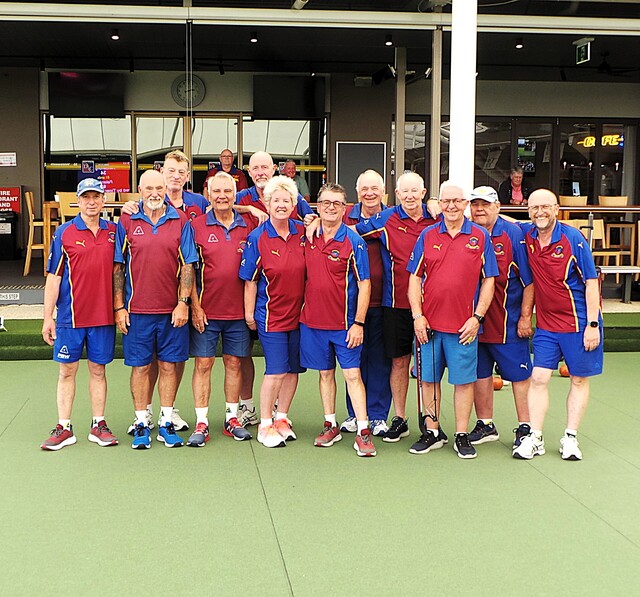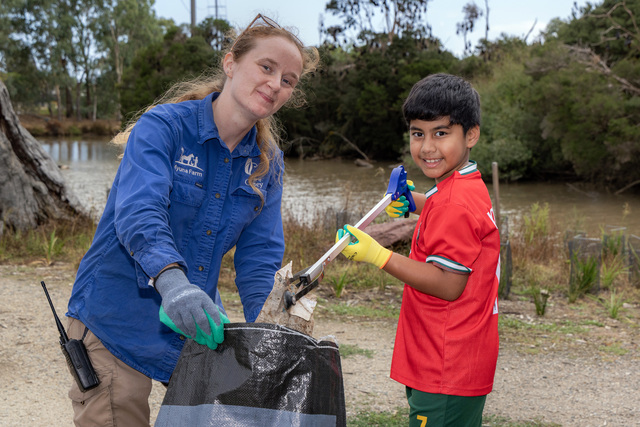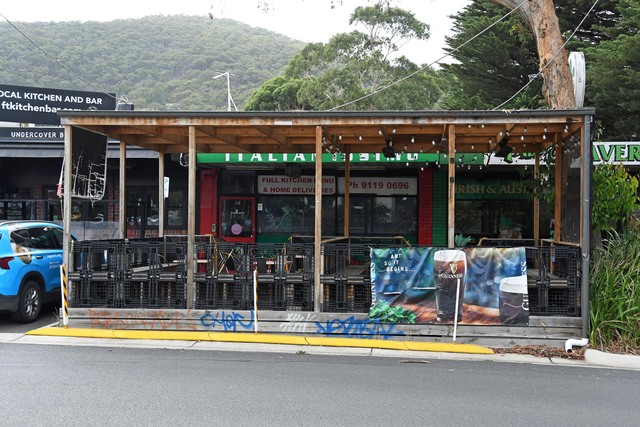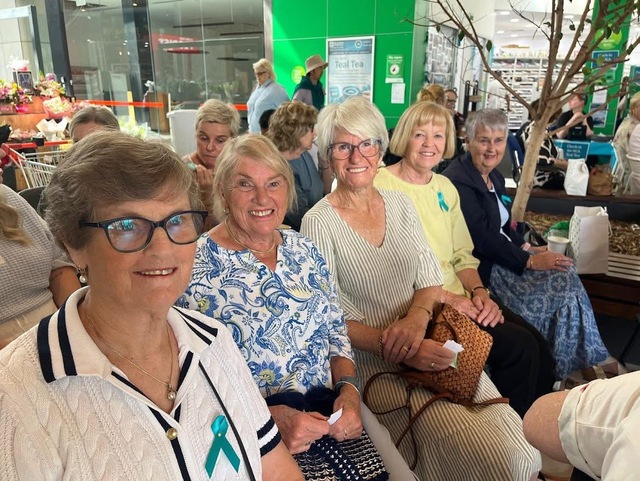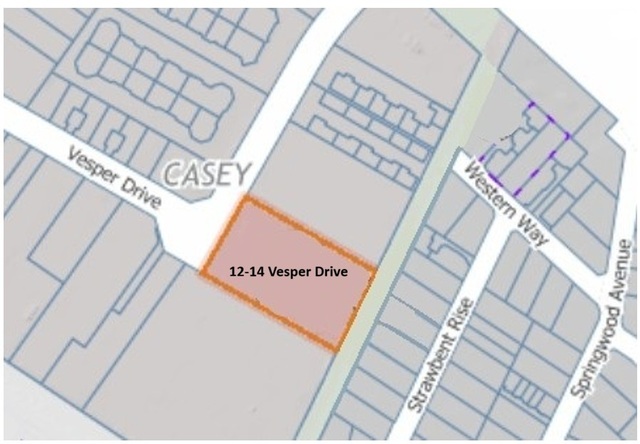The Cardinia Deer Management Coalition has made big strides in its work to curb the feral deer population in the area but stresses the importance of community action.
The quarterly report shows the efforts are being backed by sections of both the community and State Government.
A $34,000 grant was received by the CDMC from the Department of Energy, Environment and Climate Action, as well as an additional $5000 from the Upper Beaconsfield Conservation Group.
Founder and former president Mike Hall said while the new equipment is helpful, “most of the money in that grant went to the facilitator to help us with community education and property outreach”.
Geoff Lockwood, the CDMC’s part-time facilitator is responsible for conducting further local neighbourhood meetings and spreading awareness on the impacts of feral deer.
The funds had partially been put towards new thermal imaging technology for the organisation’s controllers, providing them with better vision and a safer process for controlling deer.
Hall said that education and awareness for the local community would provide the CDMC with an easier process in tackling the rising population of feral deer.
“Our work is to basically spread the word, we set this organisation up with a focus on the Cardinia Creek Catchment hoping that other catchments would do the same,” he said.
“Since if there were only a little part of us eradicating deer and it’s not being controlled in the next catchment, the deer will just move over.”
The report also showed collaboration with Deakin University where 42 volunteers and researchers conducted a faecal scat survey which revealed the extent of vegetation damage that deer cause, having more impact on indigenous plants than native wombats and macropods.
This gives the CDMC a basis to study the effectiveness of their strategy regarding humane deer reduction.
Since Victoria is one of the only states in the country that still labels deer as protected game and not pests, keeping their population in check has been challenging for the CDMC.
Cardinia, being a peri-urban zone, meant that helicopters weren’t allowed, and luring and trapping were prohibited by law.
“Victoria had failed to declare deer a pest,” he said.
“I’d love to put in lures to encourage deer to come to a certain area so you could cull them, but since they’re a protected species you’re not allowed to do that legally.”
Neighbourhood meetings have been one of the primary ways the CDMC has been able to spread awareness.
The Harkaway meeting in May of this year had seen tremendous success, with multiple landowners being involved and with over 30 deer culled in the participating properties.
Hall was adamant on providing landowners with the option of the CDMC’s controllers, instead of hired hunters.
“That’s one of the issues and one of the educational things that we try to explain to people that’s really critical,” he said.
“Hunters want to go there three to four times a year and they only shoot the males, whereas it’s seven times more effective in getting deer numbers down if you target the females instead and that’s what our controllers focus on.”
When the CDMC first began their work in 2018, Hall recalled landowners refusing the organisation’s help but have since changed their minds.
“The work is spreading more and this is happening quite frequently, where people have changed their minds and decided that what they didn’t consider to be a problem is now affecting them personally,” he said.
Ultimately, Hall is hopeful that in the future more properties and farms will allow their controllers access.
“Just getting into farms is the critical thing, we’ve got a number of controllers who are working for us and we could probably do with twice as many properties with the people we’ve got.”
He also encouraged landowners and locals who are experiencing deer trouble to reach out to the CDMC, explaining that while they can offer options and methods of help, they are largely educational.
“One of the reasons we put ourselves out there is because people get confused as to what they are allowed to do and what they’re not, this is why we set the group up so we could give that sort of advice,” he said.
The organisation’s annual general meeting will be held this November and while no specific date has been set yet, Hall said a speaker will be present at the event.
“This is really about an assessment of what’s happened in the previous year, as well as the grant we received from DEECA to see how it’s going and whether it’s achieving what we want it to achieve,” Hall stated.
“It’ll be about spreading out our work and focus on the issue of getting more properties on board.”
If you are in the area and come across wild deer, or are experiencing trouble in your property, you can visit their website at cardiniadeer.org.au or contact them through info@cardiniadeer.org.au.

